« Return to all search results
Title Search Results
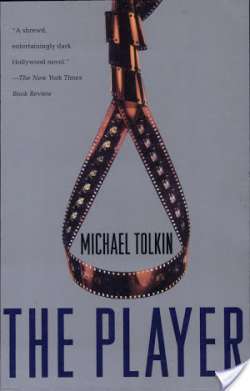
Griffin Mill, a ruthless, ambitious senior vice president at a major Hollywood studio, has a mind devoid of principle and a luxury-filled life, but his world is shaken when a writer he has ignored threatens his life
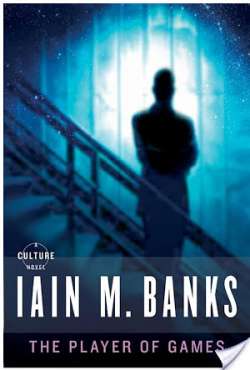
The Culture - a human/machine symbiotic society - has thrown up many great Game Players, and one of the greatest is Gurgeh. Jernau Morat Gurgeh. The Player of Games. Master of every board, computer and strategy. Bored with success, Gurgeh travels to the Empire of Azad, cruel and incredibly wealthy, to try their fabulous game...a game so complex, so like life itself, that the winner becomes emperor. Mocked, blackmailed, almost murdered, Gurgeh accepts the game, and with it the challenge of his life - and very possibly his death. Praise for Iain M. Banks: "Poetic, humorous, baffling, terrifying, sexy -- the books of Iain M. Banks are all these things and more" -- NME "An exquisitely riotous tour de force of the imagination which writes its own rules simply for the pleasure of breaking them." -- Time Out
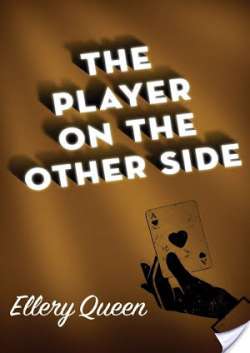
A series of cryptic notes announce a death in a bizarre wealthy family York Square is a tidy private garden surrounded by 4 matching castles, each inhabited by a different branch of the York family. There’s Robert, commanding and icy; Myra, gentle and ill; Emily, who would prefer to live in a cottage; and Percival, who has many personal secrets. Watching them all is the gardener, Walt, who sees more than any of them realize. When an anonymous scribe starts sending him letters of praise, Walt is happier than he’s ever been. But when a strange card marked with the letter J heralds the death of Robert, the happy garden begins to wilt. Unlocking the puzzle of the bizarre notes falls to the legendary Ellery Queen. He finds that the Yorks are locked in a ghoulish bargain—one that can only be escaped by death.

In a dystopian kingdom where the classes are separated by the languages they speak, Charlaina "Charlie" Hart has a secret gift that is revealed when she meets a mysterious young man named Max.
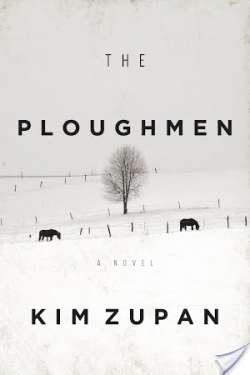
An NPR Best Book of 2014 A Barnes and Noble Discover Great New Writers selection A "bleak and brilliant" (Minneapolis Star Tribune) debut novel ,"one of the finest evocations of life in Western America in recent memory, a book that stands alongside Richard Ford's Rock Springs, Marilynne Robinson's Housekeeping, James Welch's Fools Crow." (William Kittredge) Steeped in a lonesome Montana landscape as unyielding and raw as it is beautiful, Kim Zupan's The Ploughmen is a new classic in the literature of the American West. At the center of this searing, fever dream of a novel are two men—a killer awaiting trial, and a troubled young deputy—sitting across from each other in the dark, talking through the bars of a county jail cell: John Gload, so brutally adept at his craft that only now, at the age of 77, has he faced the prospect of long-term incarceration and Valentine Millimaki, low man in the Copper County sheriff's department, who draws the overnight shift after Gload's arrest. With a disintegrating marriage further collapsing under the strain of his night duty, Millimaki finds himself seeking counsel from a man whose troubled past shares something essential with his own. Their uneasy friendship takes a startling turn with a brazen act of violence that yokes together two haunted souls by the secrets they share, and by the rugged country that keeps them.
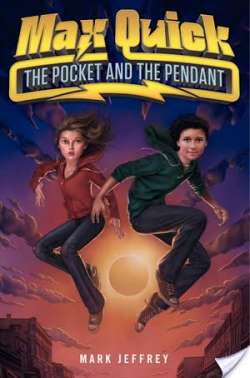
Max Quick is a pickpocket, a vagabond, an orphan, and a thief. Even so, nothing about him seems particularly special . . . until one day when time mysteriously stops. Suddenly, nearly everyone in the world is frozen in time—except for Max. Now Max must journey across America to find the source of the Time-stop. Along the way, he meets others who aren't suspended in time, like Casey, a girl who's never been on her own until now. Together, as they search for the cause of this disaster, Max and his companions encounter ancient mysteries, magic books, and clues to the riddle of stopped time. But relentless and mysterious villains are hot on Max's heels and will do everything in their power to prevent Max from ending the Time-stop. And the closer Max gets to the answers, the more it seems that his own true identity is not what he once believed. Racing against a clock that no longer ticks, Max must embrace his past to save his future—and the world—from being altered forever.
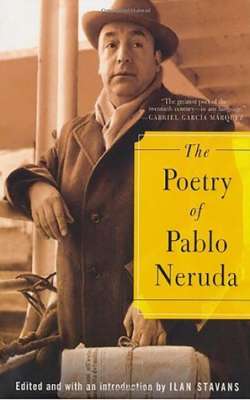
The most comprehensive English-language collection of work ever by "the greatest poet of the twentieth century-in any language" (Gabriel García Márquez) In his work a continent awakens to consciousness," wrote the Swedish Academy in awarding the Nobel Prize to Pablo Neruda, author of more than thirty-five books of poetry and one of Latin America's most revered writers and political figures-a loyal member of the Communist party, a lifelong diplomat and onetime senator, a man lionized during his lifetime as "the people's poet." Born Neftali Basoalto, Neruda adopted his pen name in fear of his family's disapproval, and yet by the age of twenty-five he was already famous for the book Twenty Love Poems and a Song of Despair, which remains his most beloved. During the next fifty years, a seemingly boundless metaphorical language linked his romantic fantasies and the fierce moral and political compass-exemplified in books such as Canto General-that made him an adamant champion of the dignity of ordinary men and women. Edited and with an introduction by Ilan Stavans, this is the most comprehensive single-volume collection of this prolific poet's work in English. Here the finest translations of nearly six hundred poems by Neruda are collected and join specially commissioned new translations that attest to Neruda's still-resounding presence in American letters.
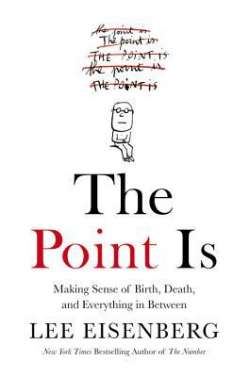
In this engaging and provocative new book, Lee Eisenberg, bestselling author of The Number, dares to tackle nothing less than what it takes to find enduring meaning and purpose in life. He explains how from a young age, each of us is compelled to take memories of events and relationships and shape them into a one-of-a-kind personal narrative. In addition to sharing his own pivotal memories (some of them moving, some just a shade embarrassing), Eisenberg presents striking research culled from psychology and neuroscience, and draws on insights from a pantheon of thinkers and great writers-Tolstoy, Freud, Joseph Campbell, Virginia Woolf, among others. We also hear from men and women of all ages who are wrestling with the demands of work and family, ever in search of fulfillment and satisfaction. It all adds up to a fascinating story, delightfully told, one that goes straight to the heart of how we explain ourselves to ourselves-in other words, who we are and why.
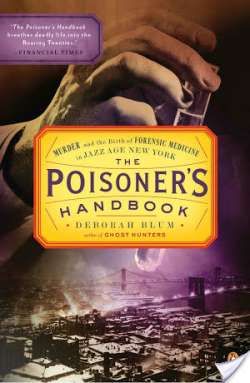
Equal parts true crime, twentieth-century history, and science thriller, The Poisoner's Handbook is "a vicious, page-turning story that reads more like Raymond Chandler than Madame Curie" (The New York Observer) A fascinating Jazz Age tale of chemistry and detection, poison and murder, The Poisoner's Handbook is a page-turning account of a forgotten era. In early twentieth-century New York, poisons offered an easy path to the perfect crime. Science had no place in the Tammany Hall-controlled coroner's office, and corruption ran rampant. However, with the appointment of chief medical examiner Charles Norris in 1918, the poison game changed forever. Together with toxicologist Alexander Gettler, the duo set the justice system on fire with their trailblazing scientific detective work, triumphing over seemingly unbeatable odds to become the pioneers of forensic chemistry and the gatekeepers of justice. In 2014, PBS's AMERICAN EXPERIENCE released a film based on The Poisoner's Handbook.
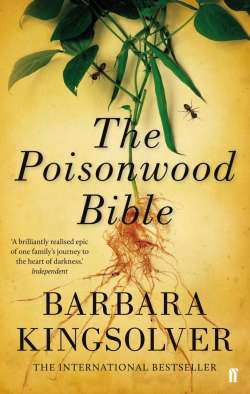
Barbara Kingsolver's acclaimed international bestseller tells the story of an American missionary family in the Congo during a poignant chapter in African history. It spins the tale of the fierce evangelical Baptist, Nathan Price, who takes his wife and four daughters on a missionary journey into the heart of darkness of the Belgian Congo in 1959. They carry with them to Africa all they believe they will need from home, but soon find that all of it—from garden seeds to the King James Bible—is calamitously transformed on African soil. Told from the perspective of the five women, this is a compelling exploration of African history, religion, family, and the many paths to redemption.
